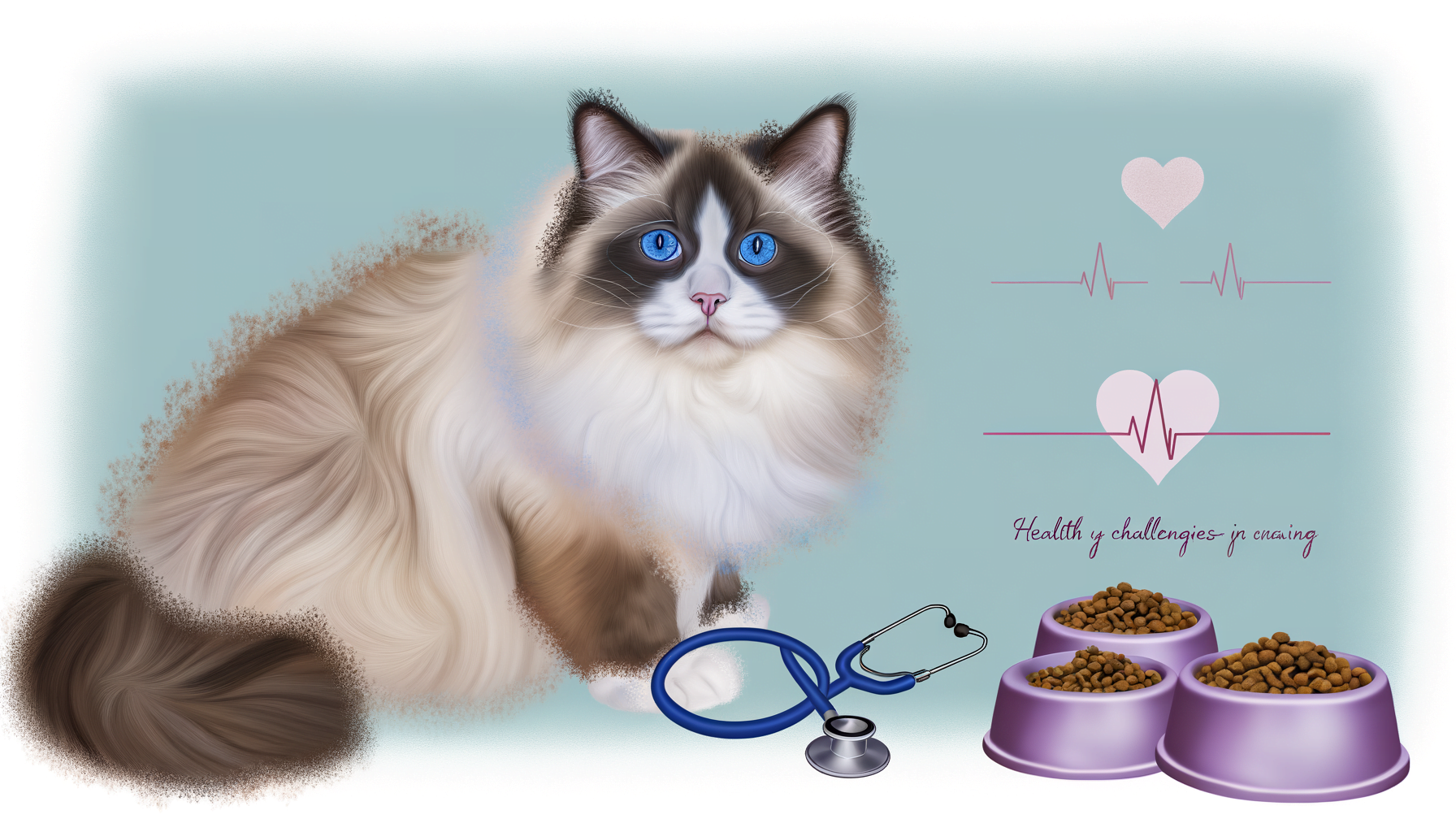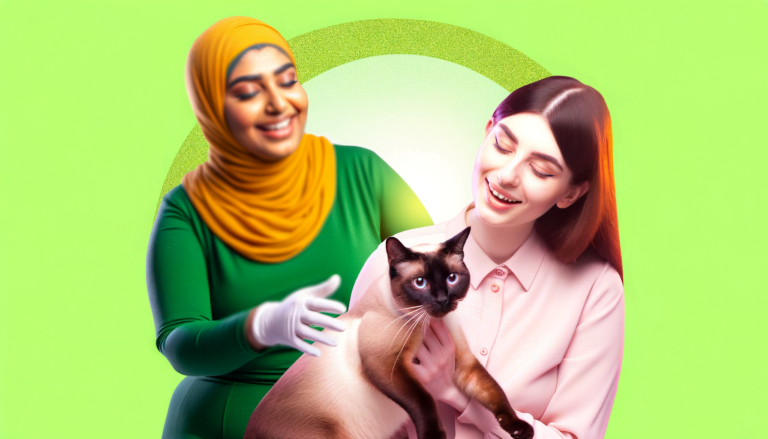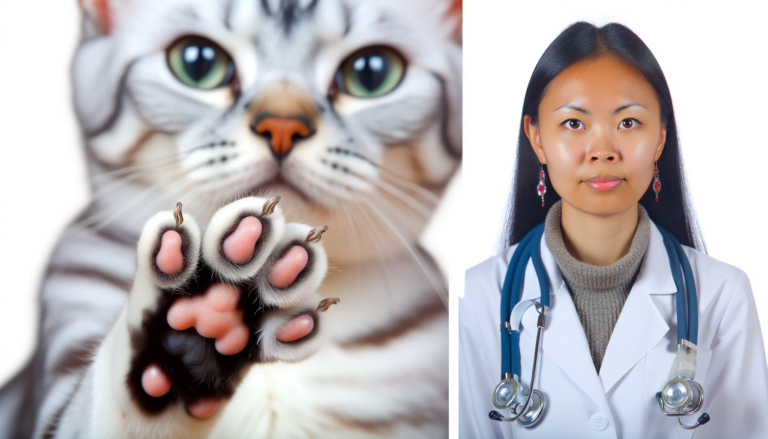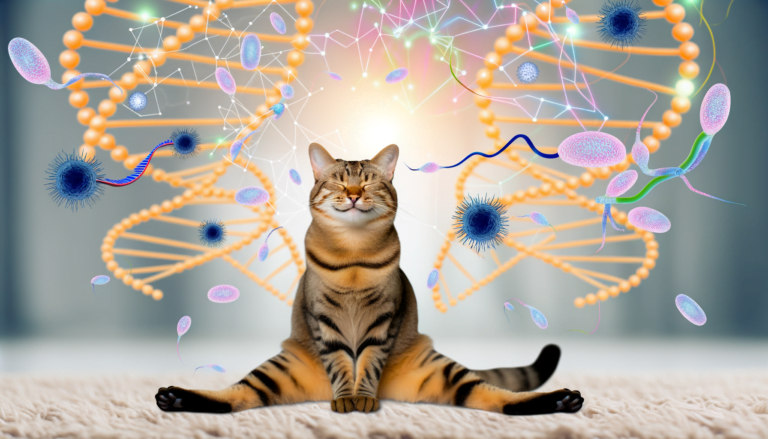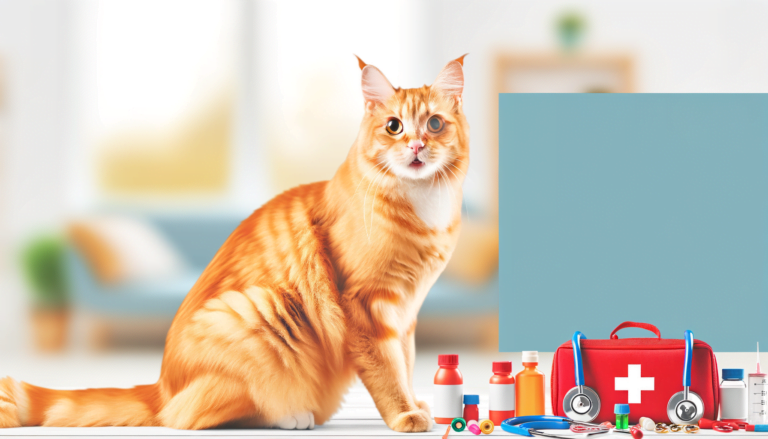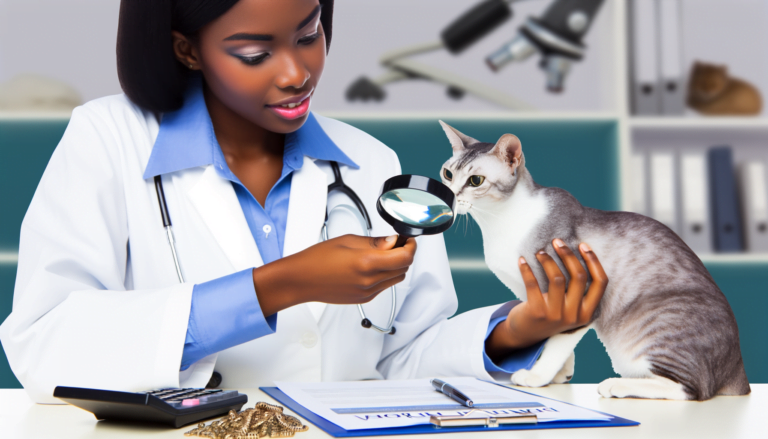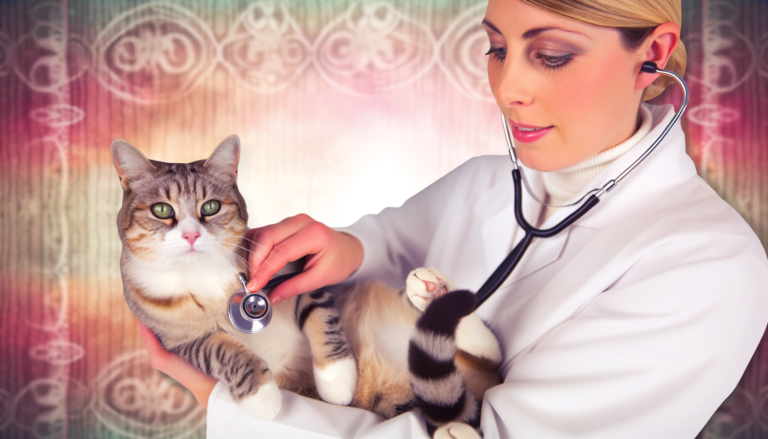Unveiling the Health Mysteries: A Comprehensive Look at Ragdoll Cats’ Health Challenges
Ragdoll cats, while generally robust, are not completely exempt from potential health issues. Notably, they are susceptible to certain genetic conditions such as hypertrophic cardiomyopathy, a form of heart disease, and polycystic kidney disease. They also have chances of developing obesity if their diet isn’t managed correctly. Therefore, Ragdoll cat owners are advised to carry out regular health check-ups and maintain optimal dietary practices to ensure their feline companions’ longevity and well-being.
Commonly Observed Health Concerns in Ragdoll Cats
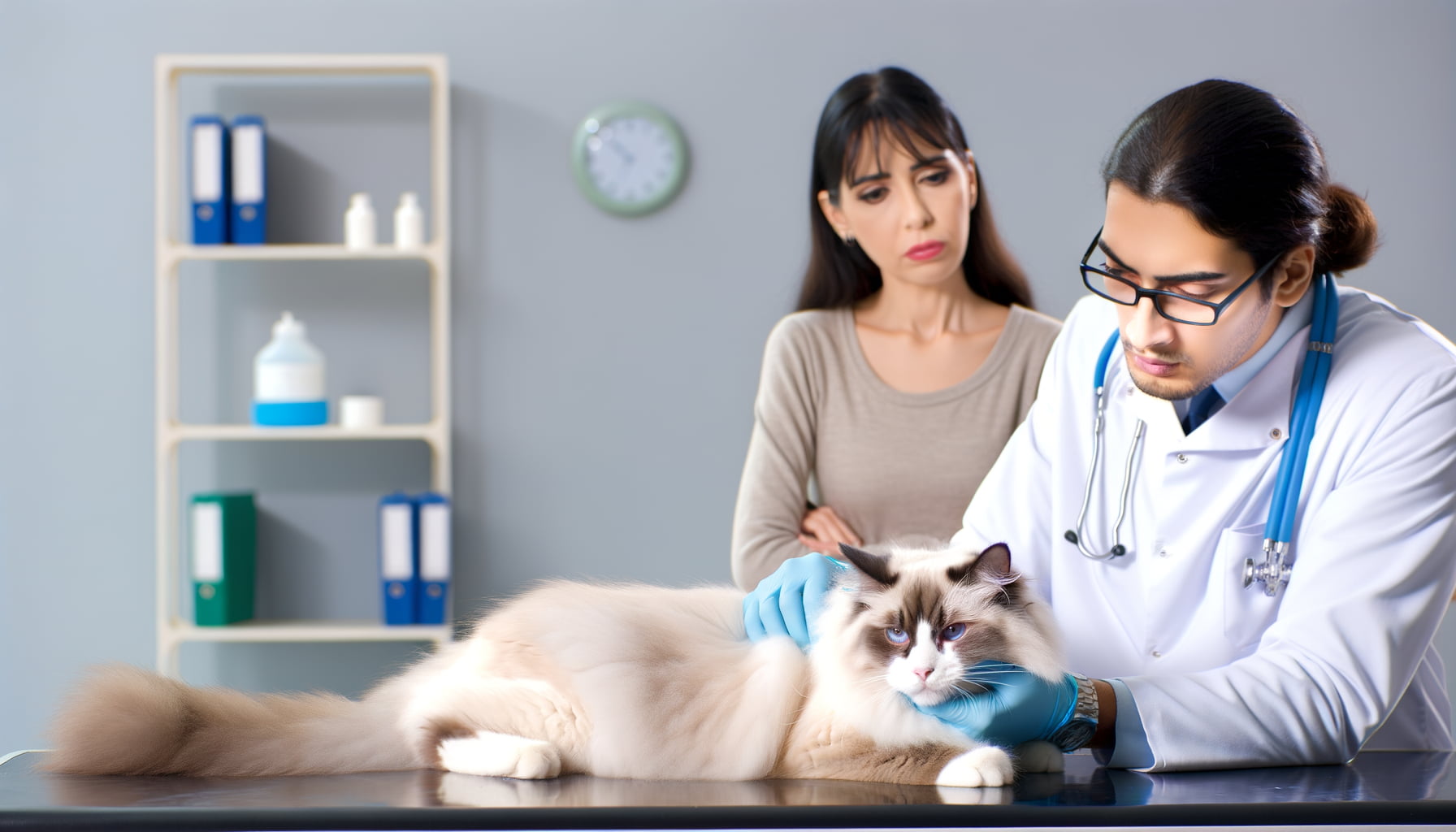
The Ragdoll breed evaluates several typically observed health concerns that are unique to their makeup. Their inclination toward a sedentary lifestyle posits a habitual susceptibility to obesity, often resulting from overfeeding or lack of physical activity.
Another routinely spotted problem is dental disease, specifically gingivitis and periodontitis. Unfortunate outcomes from poor dental hygiene can cascade into other serious complications, such as cardiovascular diseases. Ear mites and infections are also a regular concern, displaying symptoms like head shaking, scratching, and unpleasant odors, resulting from their insuppressible curiosity and exploratory nature.
Remember, these issues are preventable with proper care and early detection. Regular veterinary check-ups, a balanced diet, and dedicated grooming can mitigate these risks and cultivate a robust and healthy life for your Ragdoll cat. By understanding these recurring health challenges, owners can make informed and proactive decisions regarding their feline friend’s wellbeing.
Genetic Health Issues in Ragdoll Cats
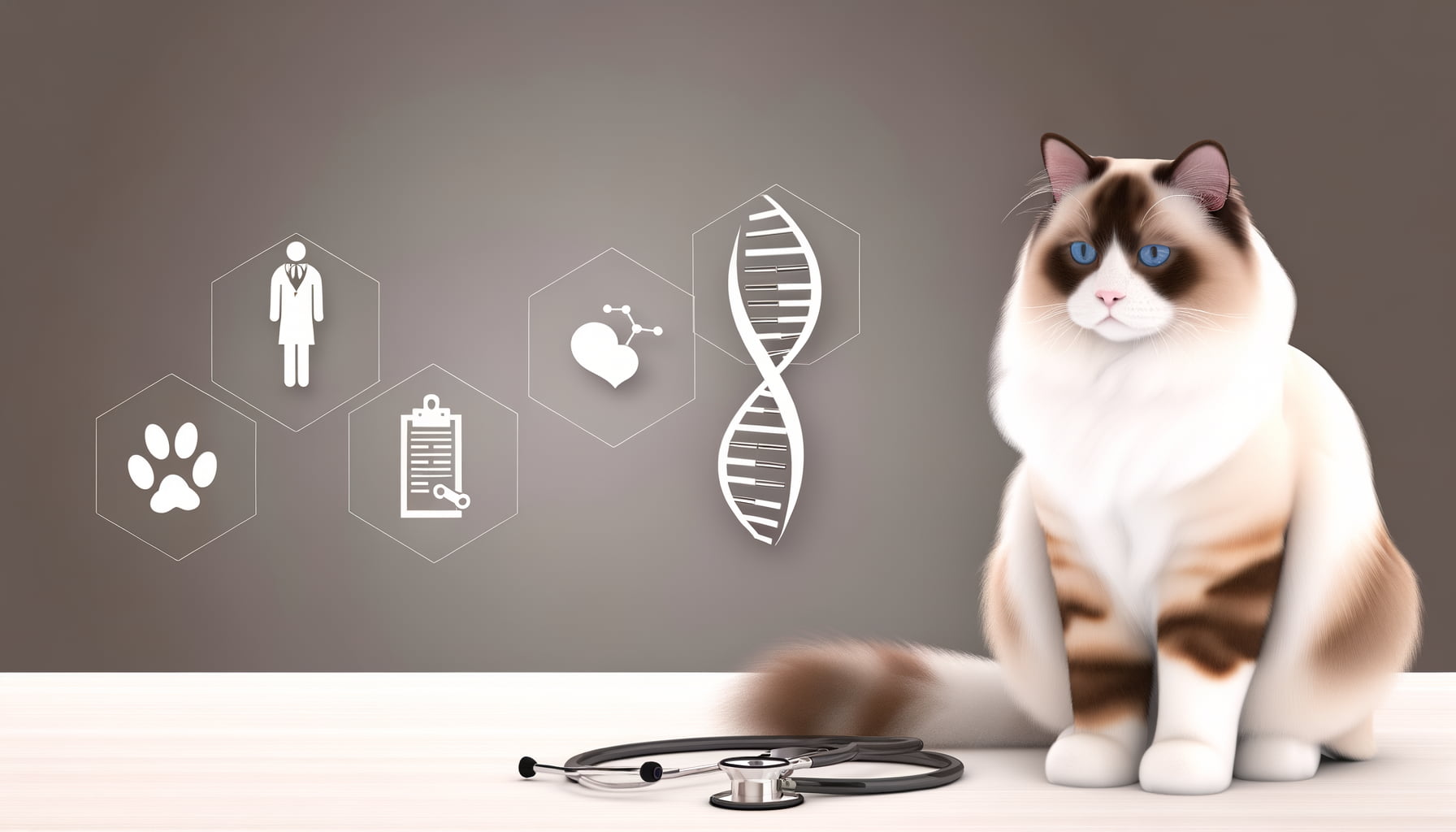
Ragdoll cats, striking in appearance and known for their endearing temperament, bear a unique set of genetic health issues. As these notable felines hail from a distinct lineage, they are predisposed to some specific medical conditions. As reputable sources confirm, comprehensive knowledge of these issues aids in maintaining these furry companions’ health and well-being.
The two cardinal genetic ailments that impact Ragdoll cats include Hypertrophic Cardiomyopathy (HCM) and Polycystic Kidney Disease (PKD). HCM manifests as a thickening of the heart muscle, causing a decrease in the heart’s capacity to pump blood efficiently. On the other hand, PKD leads to the formation of multiple cysts in the kidneys, eventually resulting in kidney failure. Both disorders have genetic roots, inherited from parents to offspring.
Additionally, Ragdoll cats can suffer from a rare neurological disorder known as Mucopolysaccharidosis. This genetic disorder, though infrequent, leads to impaired neurological development. Early detection and stringent monitoring of these genetic conditions are essential to mitigate their impact on the cat’s health. The world of Ragdolls unravels further in subsequent sections.
Preventative Care and Treatment Options for Ragdoll Cats
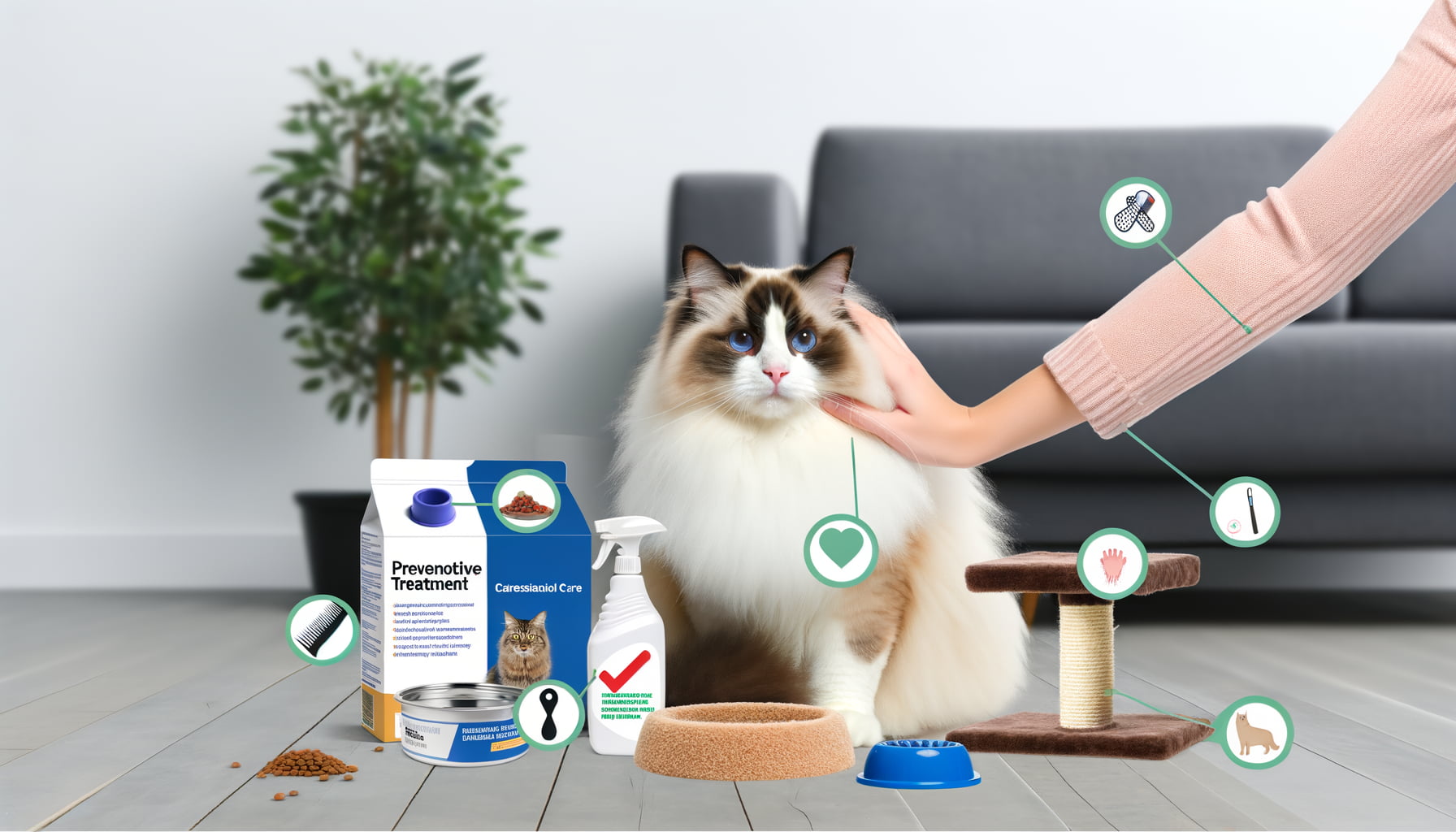
Ragdoll cats demand a distinctive approach to preventative care and treatment due to their unique breed characteristics and genetic inclinations. Regular vet check-ups are imperative to detect any markers of potential health issues as early as possible. These examinations should cover heart screening tests to rule out hypertrophic cardiomyopathy, and blood tests for potential kidney diseases, both of which are known to affect this breed.
Moreover, a balanced diet is a central part of preventative care for Ragdoll cats. Adhering to nutritional advice from a trusted vet can assist in circumventing obesity and its associated conditions. Diet control not only boosts overall well-being but also aids in the prevention of gastrointestinal disorders, a relatively common concern in Ragdolls.
In regard to treatment options, each health concern may require a different approach. Always consult with a vet to curate a treatment plan best suited to your pet’s individual needs. Modern medicine offers several options from medication to surgery, and even alternative therapies like physiotherapy in some cases. A blend of treatments is often the key to managing chronic health challenges and ensuring the highest possible quality of life for your Ragdoll cat.
Understanding the Ragdoll Cat Breed
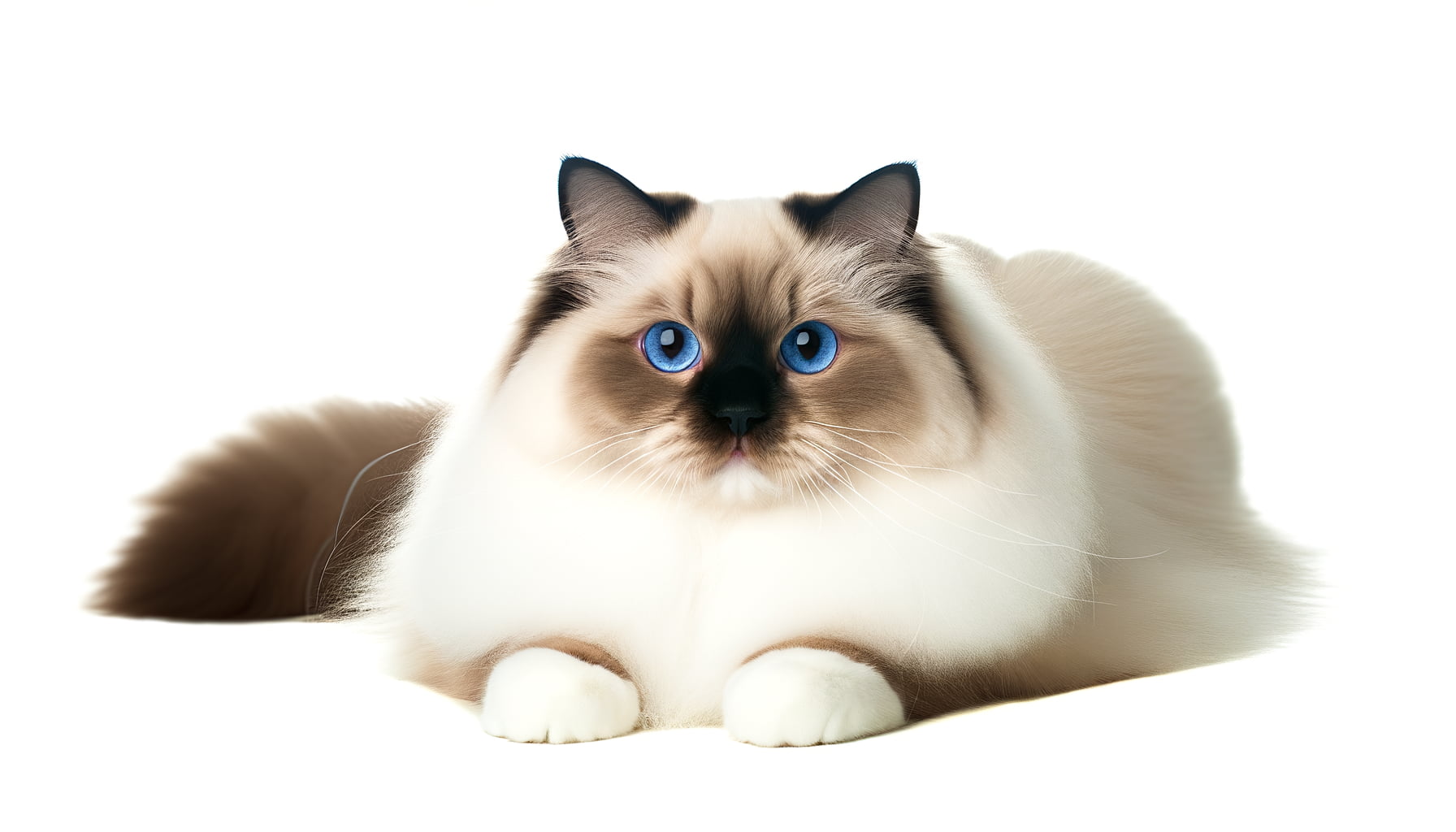
The Ragdoll Cat Breed is a fascinating variety with unique traits that set it apart from other feline species. Known for their placid temperament and affectionate nature, Ragdolls have been a popular choice among cat lovers around the world. Originating from California in the 1960s, this Breed has blue eyes and a semi-long coat with pointed coloring, making them one of the most visually captivating domestic cats.
The International Cat Association characterizes Ragdolls by their muscular structure and robust physique which radiates power without any clunky robustness. Their striking appearance is complemented by their gentle and friendly personalities. Ragdolls are often referred to as ‘dog-like cats’ because of their tendency to follow their owners around, their ease in being physically handled, and their relative lack of aggression toward other pets.
Known for their playful and placid demeanor, Ragdolls are low-maintenance pets that adapt well to indoor lifestyles. Despite their large size, they are unusually trusting and even-tempered, which often makes them easy targets for predators if allowed to roam outdoors. Therefore, a safe, indoor environment is essential to the wellbeing of this affable cat breed.
Conclusion
From uncovering the collection of health challenges that Ragdoll cats face to delving into potential solutions for their well-being, this comprehensive look has shed light on the mysteries surrounding these beloved feline companions. By understanding and addressing these issues, owners can provide the best possible care for their Ragdolls, ensuring a healthier and happier life for their furry friends.
As we continue to learn more about the health needs of Ragdoll cats, it is clear that proactive measures and regular veterinary care are essential in maintaining their well-being. By staying informed and vigilant, pet owners can navigate these challenges with knowledge and compassion, ultimately enriching the lives of these unique and lovable companions.
